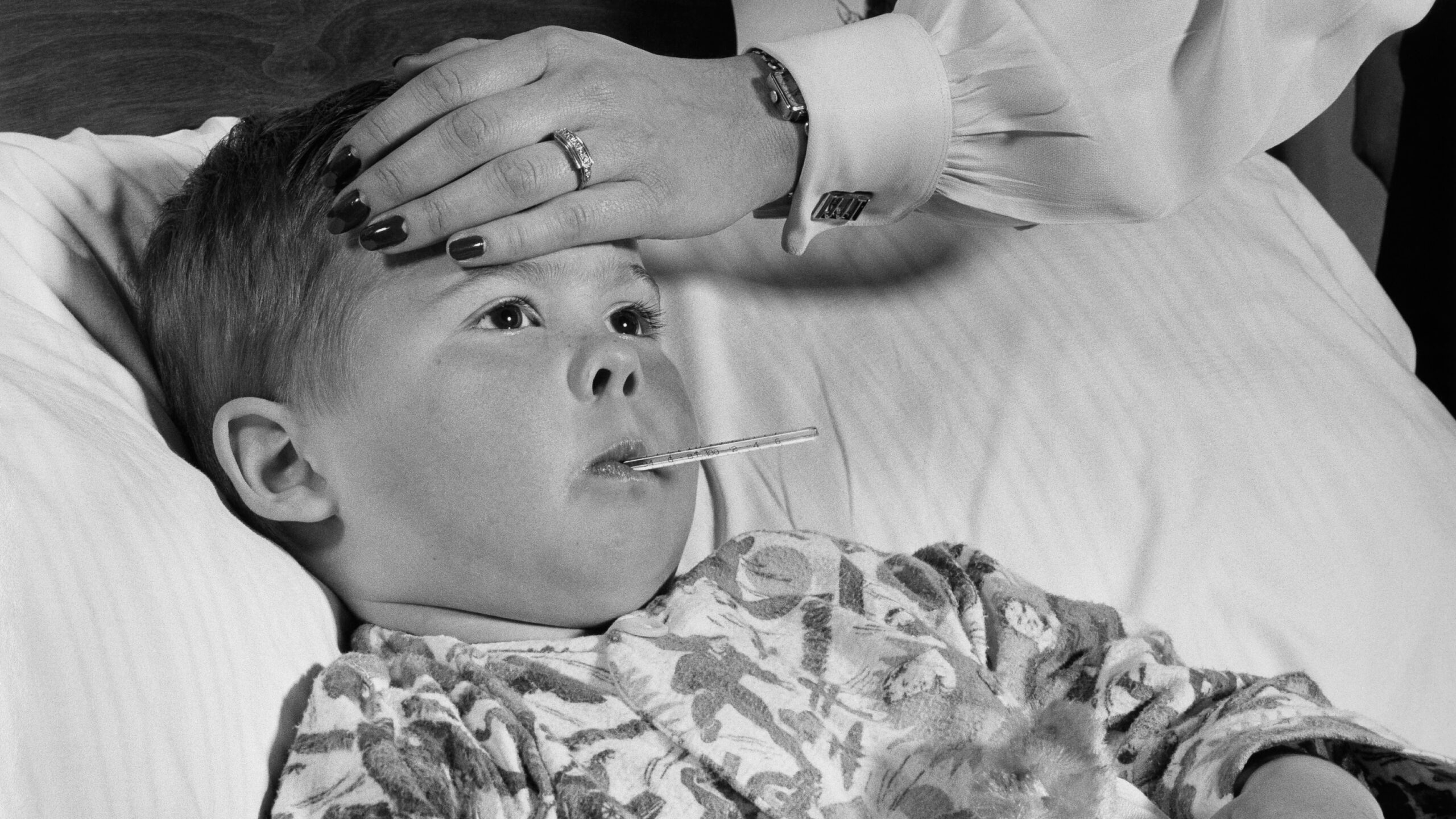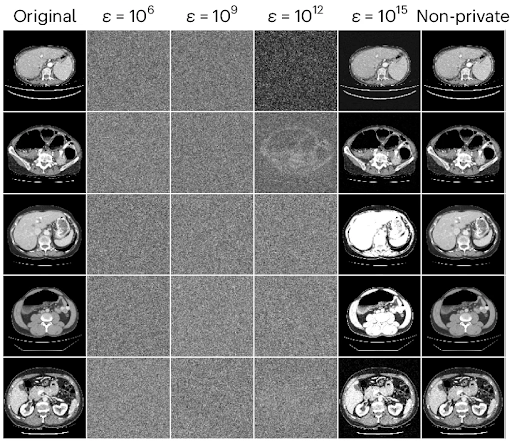If you’ve been tracking New York’s hospital cybersecurity rules, you know the clock has already been ticking. Last October (2024), hospitals were forced to tighten their response times with a new 72-hour cyber incident reporting rule. That change is already reshaping compliance practices across the state.
Now comes the bigger moment: October 2, 2025. That’s when the entire regulatory package goes live, demanding hospitals not just report faster, but also build out full-scale cybersecurity programs with CISOs, annual testing, access controls, and vendor oversight.
Who’s Affected
The regulations apply to general hospitals — facilities providing 24-hour inpatient medical and surgical services under a physician’s supervision. Roughly 195 hospitals across New York fall under this mandate, all licensed under Article 28 of the Public Health Law.
New York State estimates that annual compliance costs range from approximately $50,000–$200,000 for small hospitals (fewer than 10 beds), $200,000–$500,000 for medium hospitals (10–100 beds), and around $2 million for large hospitals (over 100 beds).
Clearwater CEO Steve Cagle has been clear about the stakes:
“Cybersecurity is patient safety. New York is taking steps to ensure patient protection is consistently met, but compliance isn’t a one-and-done task. Funding must flow quickly, because ongoing government support will be essential for resource-constrained hospitals.”
What’s Already in Effect (Since October 2024)
- 72-Hour Cyber Incident Reporting: Hospitals must notify the NYSDOH of material cybersecurity incidents (such as ransomware or events that impair operations) within 72 hours.
- Documentation Retention: All records related to such incidents must be retained for six years.
These requirements were the opening shot. Hospitals are now familiar with the urgency of faster reporting, but the 2025 compliance deadline will expand obligations across every dimension of cybersecurity.
What’s Coming October 2, 2025
Here’s what hospitals must have in place by the full compliance date:
1. Appointment of a Chief Information Security Officer (CISO)
A qualified CISO (internal or external) must oversee cybersecurity, lead risk assessments, and report annually to hospital leadership.
2. Comprehensive Cybersecurity Program
Hospitals must adopt a written program covering:
- Identification of risks,
- Preventive controls and defensive infrastructure,
- Event detection,
- Incident response and recovery.
3. Annual Risk Assessments
Yearly evaluations of hospital systems, operations, and data must inform the cybersecurity program and adapt to evolving threats.
4. Penetration Testing & Vulnerability Scans
- Annual penetration testing by qualified personnel,
- Ongoing vulnerability scans or reviews to spot and remediate weaknesses.
5. Audit Trails & Six-Year Record Retention
Audit logs must detect and document system activity and be retained for six years.
6. Incident Response Plan
Hospitals must implement a written plan outlining roles, communications, response actions, and post-incident remediation steps.
7. Third-Party Cybersecurity Safeguards
Hospitals must manage vendor risk through policies, contracts, and oversight to ensure service providers maintain proper cybersecurity.
8. Multifactor Authentication (MFA)
MFA, or approved compensating controls, is required for external access to hospital systems.
9. Access Management
Annual reviews must remove unnecessary accounts and limit privileges to only what is essential.
10. Continuous Monitoring
Systems must be monitored with logging, detection, and response mechanisms, supplemented by annual penetration testing.
11. Cybersecurity Training & Awareness
All hospital staff must receive regular cybersecurity training, including phishing simulations and targeted remediation.
Why This Matters
These requirements extend beyond HIPAA’s Security Rule. While HIPAA focuses on safeguarding electronic protected health information (ePHI), New York’s regulations broaden the scope to include Nonpublic Information (NPI) such as personally identifiable information (PII) and sensitive business records. This expansion, coupled with new operational mandates like CISOs, penetration testing, and vendor oversight, sets a higher bar for healthcare cybersecurity resilience.
The Bigger Picture
New York is once again acting as a mover in cybersecurity regulation, much as it did in the financial services sector. Other states are already watching, and federal regulators will no doubt take note.
For hospitals, the roadmap is clear:
-
Last year was about incident reporting.
-
This year is about full-scale cybersecurity readiness.
Bottom Line
The countdown is over. On October 2, 2025, New York hospitals must meet the most comprehensive set of cybersecurity obligations in the country.
The smart move is to act now:
- Appoint a CISO,
- Conduct risk assessments,
- Draft and test an incident response plan,
- Review access controls and vendor agreements.
Proactive steps today mean smoother compliance tomorrow — and stronger protection for patients and operations.
New York’s rules may be state-specific, but their impact will ripple far beyond its borders. For healthcare leaders everywhere, this is a preview of what’s coming next.
Don’t let funding delays slow down your compliance.
Clearwater helps hospitals navigate the costs and complexity of New York’s new cybersecurity requirements. From building compliant programs to providing managed services that extend your team, we deliver the expertise and tools you need to make the most of available state funding and close the gaps before October 2025. Contact us.
The post New York’s Updated Cybersecurity Regulations: The Final Compliance Deadline Arrives October 2nd appeared first on Clearwater.











